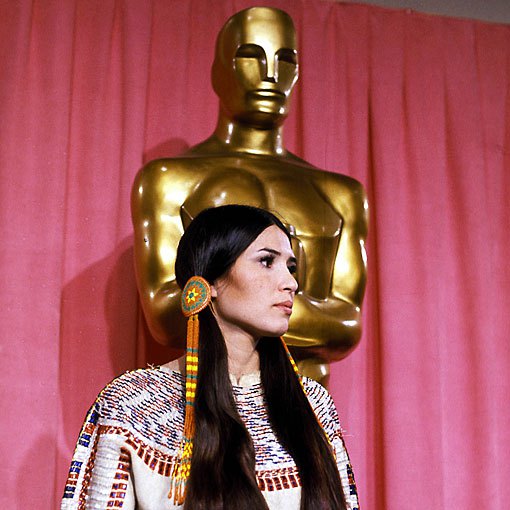Many actors and actresses have recently been criticized for being too political in award acceptance speeches. Some celebrities explicitly avoid sharing their political opinions so as not to alienate portions of their fan base. As Mark Wahlberg said, “Both Republicans and Democrats buy movie tickets.” However, all democratic citizens have the right to participate in the public political sphere. To tell someone to “stay out of politics” simply because of their job is downright undemocratic and poisonous to civil discourse.
There are a few exceptions: People whose careers depend on their being unaffiliated with vested interest groups, such as non-partisan public servants and judges, are usually required by convention, and rightly so, to remain neutral.
That leaves everyone else, including famous people, free to share their political opinions as they see fit. Celebrities often take advantage of their fame to broadcast their political ideologies or engage in activism, though not without controversy. One early example of the politicized acceptance speech—or rather, rejection speech—was that of Marlon Brando at the 1973 Oscars, more than 40 years before the #OscarsSoWhite debate. He sent Sacheen Littlefeather, a Native American rights activist and actress, in his place to reject the award and present a speech about the harmful effects of misrepresenting Native Americans in the media. Littlefeather was blacklisted in Hollywood at the behest of the FBI. Despite orchestrating this, Brando faced little backlash compared to Littlefeather. The institutional response from both the United States government and Hollywood was to condemn Littlefeather for using her public status to bring a controversial political issue to light. This kind of political commentary was unprecedented in the realm of entertainment, especially at the Oscars—which receives a broadcast audience of roughly 85 million viewers today.
The primary argument behind the call to “stay out of politics” is that celebrities are out-of-touch with average citizens and have a greater audience than most people. This is highly ironic, considering that many politicians come from upper-middle socioeconomic classes, and have similarly poor claims to speak for the average citizen. The criticism aimed at actors, musicians, and athletes for speaking their minds would be better focused on their arguments and opinions, so as to promote discourse and debate. Yet, critics cry for abstention, not discussion. While reaching a greater audience may be seen as an unfair advantage, that doesn’t mean they can’t use it, just as any citizen uses the resources available to them to make their voice heard.
Urging celebrities to stay out of politics also implies that political issues are too complicated or nuanced a field for most, and are best left for the government to sort out on its own. This is completely absurd, as democracy is grounded in the idea that representatives in government work for their constituents and support the policies that their constituents call for. The public sphere is the only place for political discussion to occur, whether electronically or face-to-face. The government cannot properly promote peace, order, and good government without this communication; therefore, it is vital that all citizens are encouraged to participate in the political realm.
Talking about politics is not a privilege reserved for politicians—it is the right and imperative of every individual, famous or not. So whether they are Ryan Gosling or a McGill undergraduate student, all individuals have the right to use their platform to engage in politics.








